Could Gen Alpha’s social media slang impact future literacy skills?
Erin Molan and Hughesy admit to being confounded by the TikTok and YouTube slang that has captivated Gen Alpha even as experts worry about literacy levels.
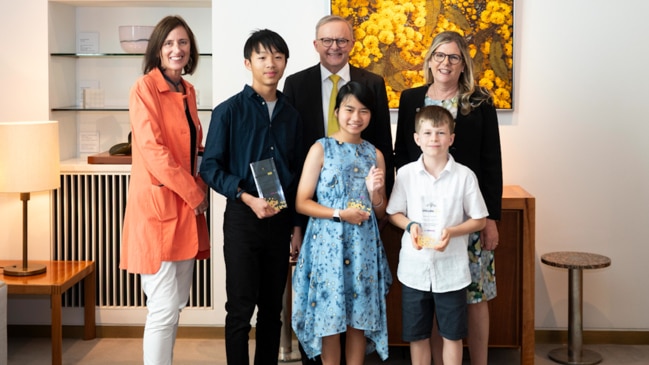
No stranger to digital shortcuts, Erin Molan’s most recent text to Prime Minister Anthony Albanese included asking the nation’s leader if they could meet at “Parly House”.
While the 2DayFM presenter laughed about diligently tapping out the whole word “beverage” in the same text, the proud mum to Eliza, six, said she did worry that among her daughter’s generation, trends in social media and text slang could mean foundational literacy skills won’t be strong as in the past.
“There was more emphasis on Maths, English, Geography … literacy, the most important thing, but I worry that the focus has shifted a little bit,” Molan said. “Maybe there’s less of a foundation there.”
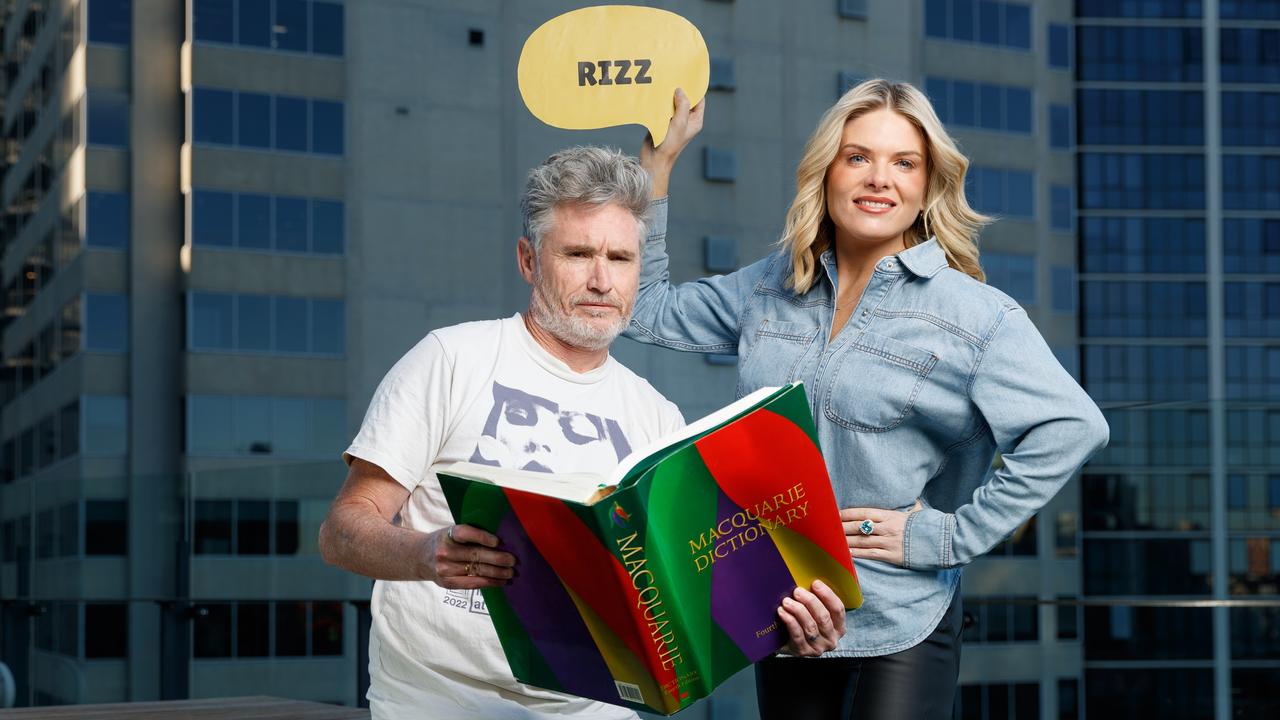
Molan’s radio co-host, comedian Dave “Hughesy” Hughes, said Gen Alpha was now “coming up with their own language”.
Father to Rafferty, 15, Sadie, 13, and Tess, 11, Hughesy said his kids’ cohort was taking it further than he can remember doing at their age.
“It’s a new language and anyone over the age of 30 can’t understand it,” he said. “What does ‘skibidi’ mean? All my son says is ‘skibidi toilet’ – and he says it about everything.”
Whether the current trend of TikTok and YouTube speak among Gen Alphas will negatively impact their long-term literacy skills remains to be seen.

Responding to Kids News’ exclusive new Fonto survey, which reveals 84 per cent of surveyed parents have noticed their kids’ slang language increasing in recent years, the Australian Literacy Clinic director and spelling specialist at ACU’s Australian Centre for the Advancement of Literacy, Professor Saskia Kohnen, said mainstream words like “cool” once equally dismayed parents in the 1960s.
“Maybe this is something that connects us to our parents and grandparents and now it’s our time to worry,” she said.
But having today’s parents concerned and interested in their children’s overall language and literacy was “really important,” she added.

Indeed, the Fonto survey of 1002 parents with children aged 0-18 found that 66 per cent of parents were concerned that such regular use of slang would harm children’s future prospects and Prof Kohnen agreed that strong foundational literacy was essential for improving outcomes.
“I am concerned about literacy in this country and I’m not alone,” Prof Kohnen said. “We have a concerning number of students in Australia who do not meet grade expectations. And I’m not talking about a minority.
“Writing, even in this digital age, even in the time of TikTok, is probably more important than ever. It matters in the interview process. Sending in a resume with misspellings is not looked upon favourably. Blog posts or contributions on social media commentary are responded to differently when they’re misspelt – all of this matters. And all of this communication actually relies on foundational literacy skills: reading, spelling, grammar, punctuation.”

Social researcher Mark McCrindle said the long-term impact of social media on Gen Alpha would likely be “significant”.
“The total screen time today, the saturation of the absorption of content on social media platforms, is at a higher level than we’ve ever seen young people engage in popular culture and screen-based entertainment,” he said. “That’s the problem. And so we do need to ensure that there are limits on that … so that they do develop those broader skills.”
Molan said “anything that makes it fun” like the Prime Minister’s Spelling Bee was “a great way to learn”.
“Anything that’s engaging, anything like this that gets them excited … give kids things that motivate them and inspire them to be better. I think it’s a brilliant idea,” she said.
Now in its fourth year, the annual spelling challenge has attracted 140,000 Australian participants since its launch in 2021 by News Corp Australia’s free classroom literacy site Kids News.
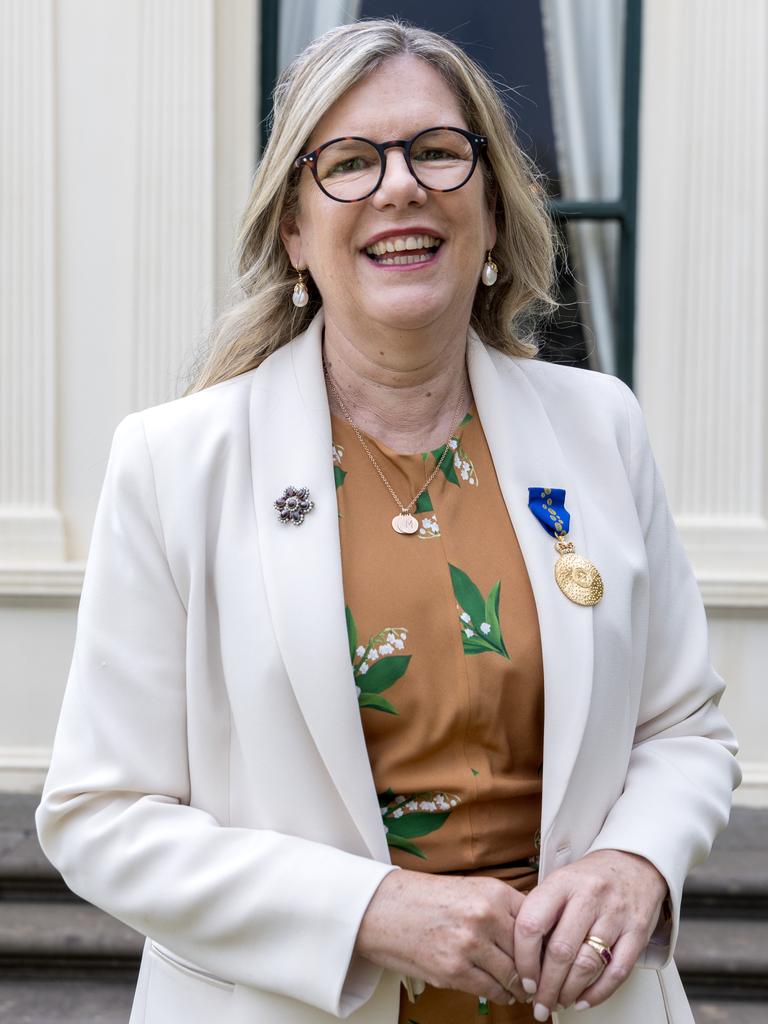
News Corp Australia’s community ambassador, Penny Fowler, said the PM’s Spelling Bee was an annual highlight for Kids News and that it was “fantastic to welcome it back for a fourth year”.
“We are passionate about educating future generations and we have now hosted 140,000 children across the nation keen to see how far they can stretch their vocabulary,” Mrs Fowler said.
“It is our only national spelling bee and one with a proven track record of getting kids excited by spelling and language, which are so important to their future success.”
LEARN THE LINGO
Kids News’ exclusive Fonto survey reveals the majority of surveyed parents (67 per cent) agree digital slang makes cross-generation communication more difficult. Demographer Mark McCrindle said that bewildered parents and grandparents of Gen Alpha tweens and teens can blitz the “brainrot” (digital slang for, er, digital slang) by understanding those terms enjoying peak popularity. Here’s the origin of the top three.
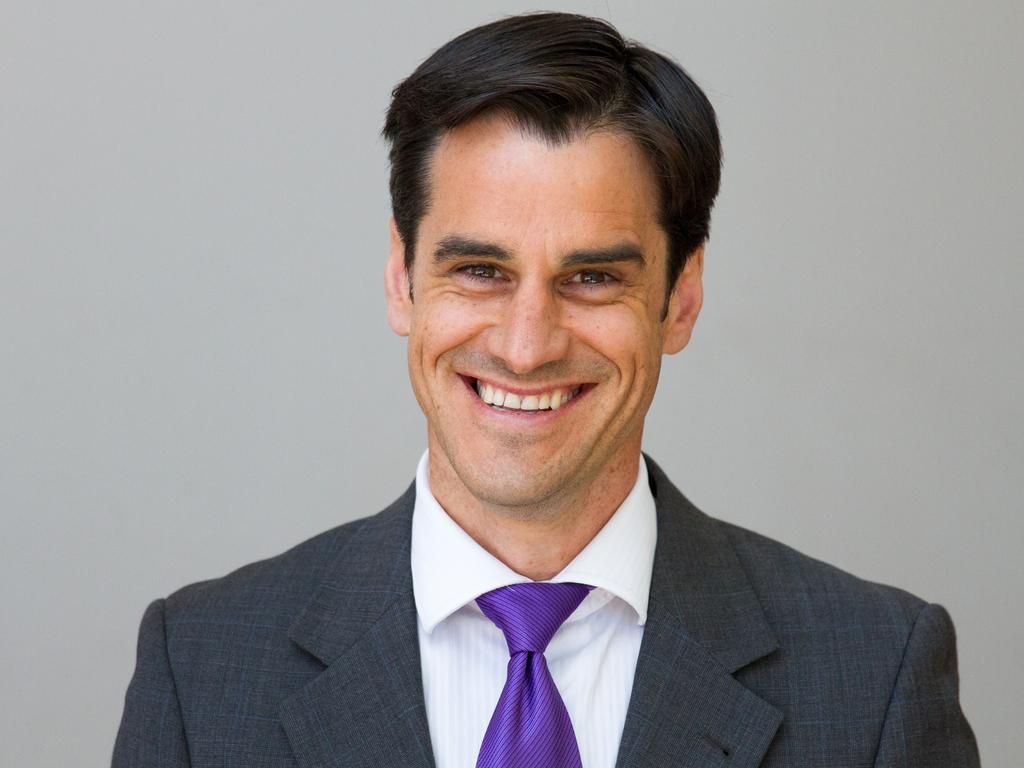
SIGMA
Let’s not allow a linguistic fallacy to get in the way of a good time. In the real world, “sigma” sits well down the rungs as letter 18 of the Greek alphabet. But thanks to social media, “sigma” now rubs shoulders with “alpha”, which has held the number one spot as the first letter of the Greek alphabet since the writing system was first developed in about 1000 BCE. For decades, “alpha” has been used to describe leaders, top dogs and strong personalities. Promoted out of alphabetic obscurity by influencers unknown, “sigma” now means roughly the same.
SKIBIDI TOILET
If your adolescent walks around muttering “skibidi toilet” apropos of nothing, you are not alone. Hopefully not the anthem that defines this generation, it sure smells like teen spirit. Forbes profiled Skibidi Toilet creator, Georgia-based animator Alexey Gerasimov, in February, and the scale of his animated YouTube series’ success is staggering. Gerasimov’s original YouTube channel boasts 32 million subscribers. YouTube views of toilets with singing human heads are in the hundreds of millions. TikTok videos – including knock-offs – have been viewed more than 20 billion times, according to the Forbes article. A genuine cultural phenomenon, only Gen Alpha can flush this one away.
RIZZ
In a win for etymology, “rizz” refers to the ability to charm another person. It makes perfect sense as a simple abbreviation of the word “charisma”. Huzzah!
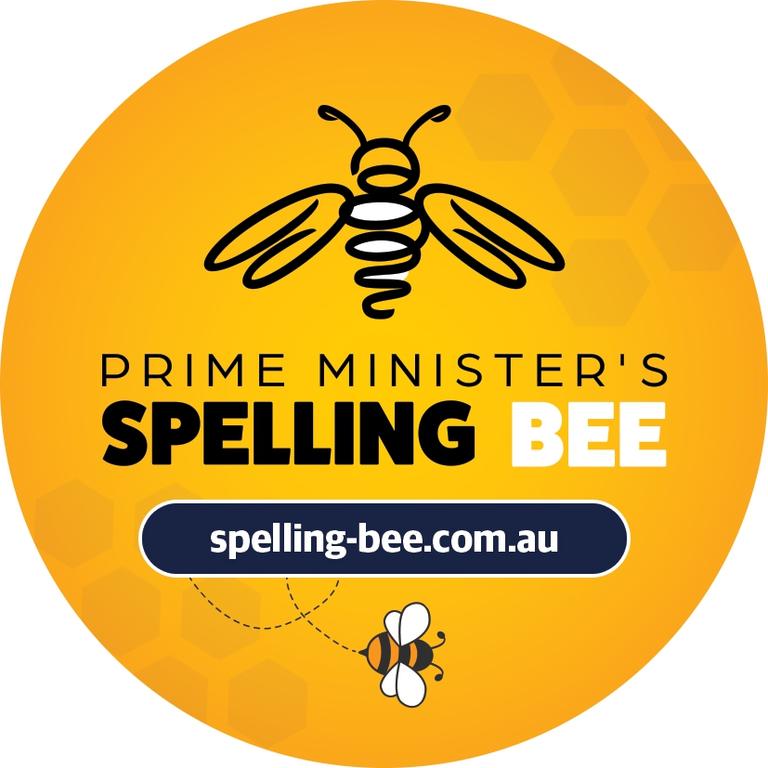
ABOUT THE BEE
● The Prime Minister’s Spelling Bee is a free, online competition for students in Years 3-8.
● Teachers can register students from Monday 22 July, when the national school round begins.
● The school round ends on Friday 23 August. State and territory finals will be held September 2 to September 6 and the national finals on September 11-12.
● Students compete at their school in three levels: Green level for Years 3-4, Orange level for Years 5-6 and Red level for Years 7-8.
More Coverage
● They get 30 randomly selected words from their competition level and have 25 seconds to type each answer. The students with the most correct words in the fastest time progress to finals.
● The national champion in each age group wins a trip to Canberra to meet the Prime Minister, an iPad, HarperCollins book pack and a $1000 voucher for their school.
Details: spelling-bee.com.au
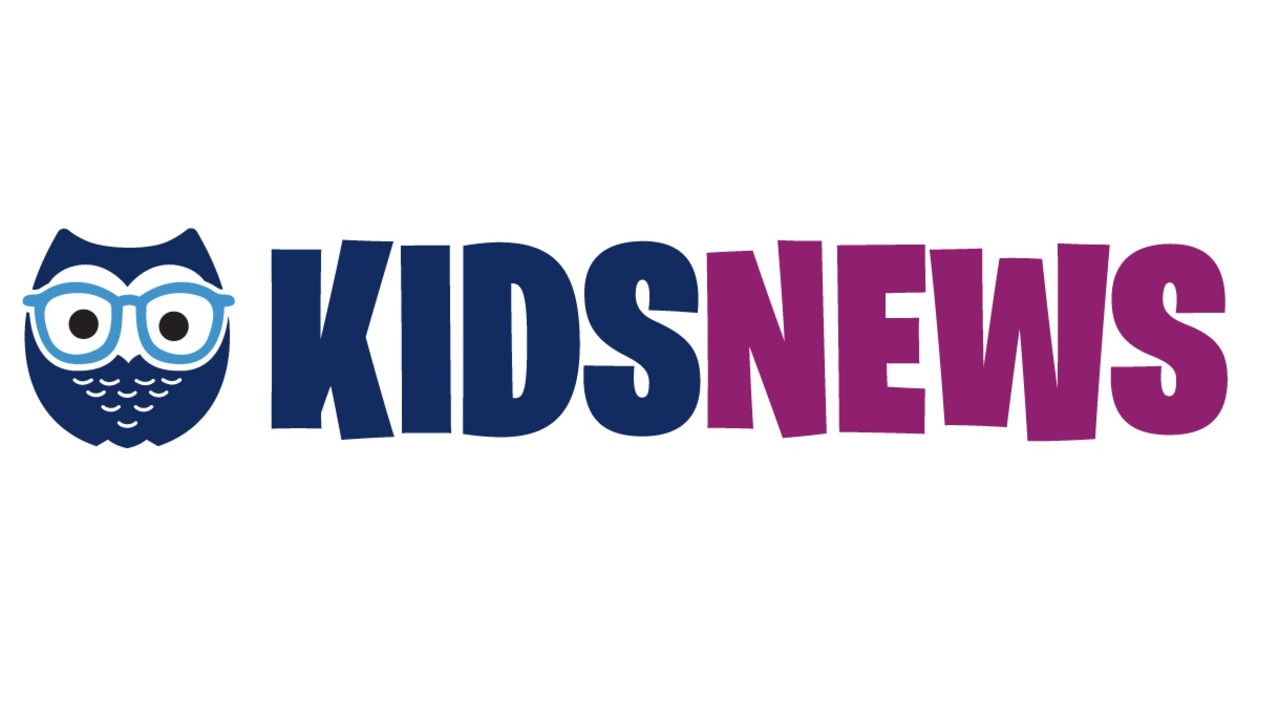
Read related topics:Anthony Albanese





